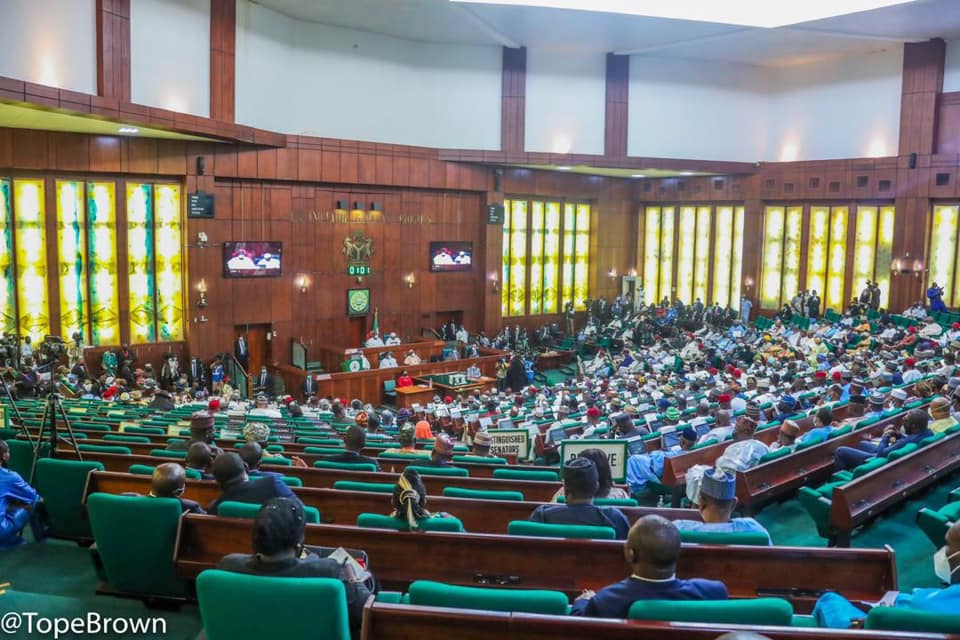Business
Reps Halt Proposed $1bn Oil Assets Auctioning

The House of Representatives has asked the Federal Government, through the Nigerian Petroleum Development Company (NPDC), to suspend the planned auction of Oil Mining Licence (OML) 11 for $250 million when it has been bid for $1 billion.
The House at its plenary on Wednesday, urged “the Federal Government, particularly the NPDC, to suspend the planned auction and sale of the OML 11 asset until relevant issues are resolved”.
It also mandated its Committee on Petroleum (Upstream) to urgently investigate the planned auction, among other matters, and report back within four weeks.
Victor Mela, who sponsored the motion of urgent public importance leading to the resolutions, noted that the oil field under OML 11 was formerly operated by the Shell Petroleum Development Company (SPDC) under a joint venture, and had been idle since the firm was forced out of Ogoniland in 1993.
Mela recalled that in a Court of Appeal judgment of August 16, 2021, the SPDC joint venture lost its right to renewal of the operating license, while OML 11 was thereafter renovated and invested on an operating subsidiary of Nigerian National Petroleum Company Limited (NNPCL).
“The House is worried that there are unresolved issues between the government and the host communities of Ogoni that are currently fuelling resistance and restiveness amongst the people
”The House is worried that the government is involved in under-the-table or covert arrangements to auction OML 11 assets to Sahara Energy Limited for a paltry sum of $250m as against the $1bn offered by the SPDC.
”The House is concerned with the need to urgently clarify and resolve issues associated with the planned auction among other matters”, Mela said.
Business
Nigeria’s ETF correction deepens as STANBICETF30, VETGRIF30 see 50% decline in a week

Business
BOI Introduces Business Clinic

Business
Dangote signs $400 mln equipment deal with China’s XCMG to speed up refinery expansion

-
Maritime2 days ago
Nigeria To Pilot Regional Fishing Vessels Register In Gulf Of Guinea —Oyetola
-
Maritime2 days ago
Customs Declares War Against Narcotics Baron At Idiroko Border
-

 Sports2 days ago
Sports2 days agoGombe-Gara Rejects Chelle $130,000 monthly salary
-
Maritime2 days ago
NIMASA,NAF Boost Unmanned Aerial Surveillance For Maritime Security
-

 Sports2 days ago
Sports2 days agoTEAM RIVERS SET TO WIN 4×400 ” MORROW” …Wins Triple jump Silver
-
Maritime2 days ago
NIWA Collaborates ICPC TO Strengthen Integrity, Revenue
-

 Sports2 days ago
Sports2 days agoNPFL Drops To 91st In Global League Rankings
-

 Sports2 days ago
Sports2 days agoNSC eyes international hosting rights

